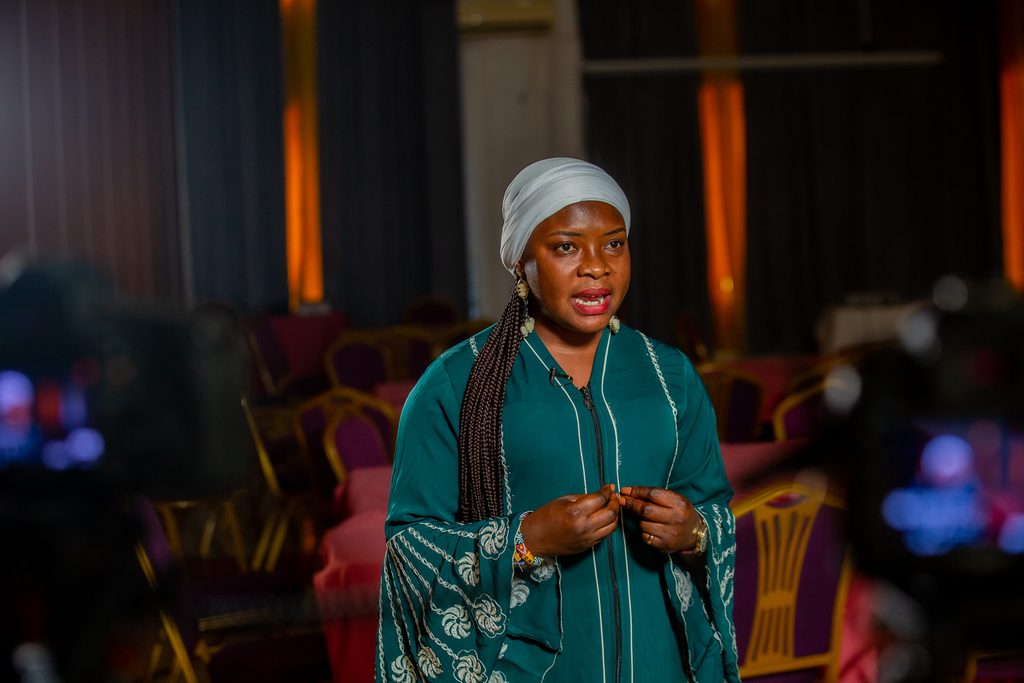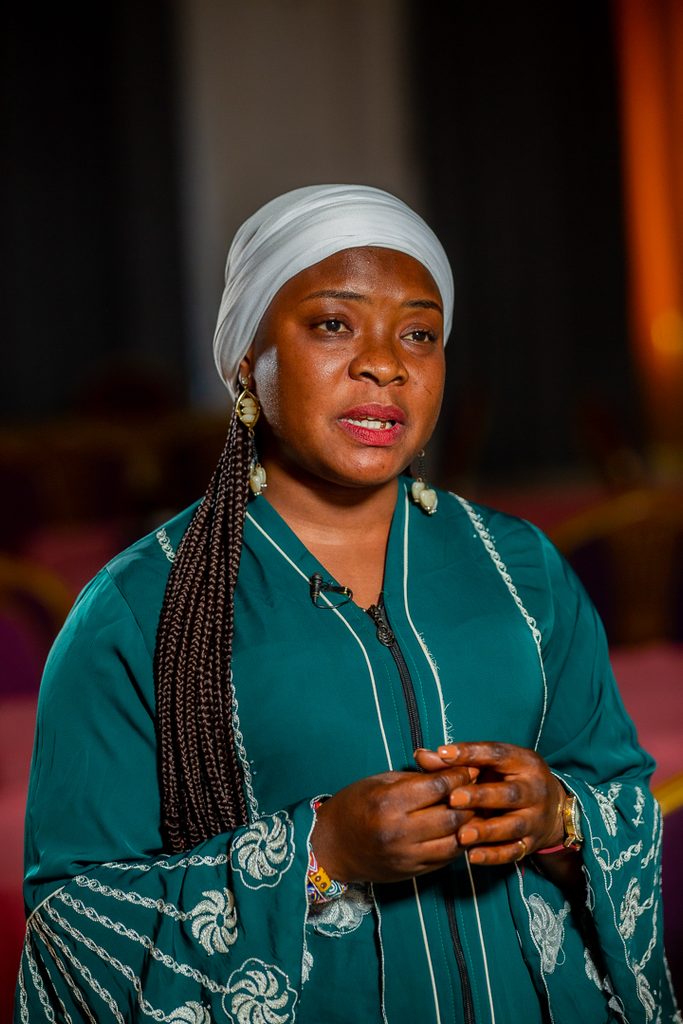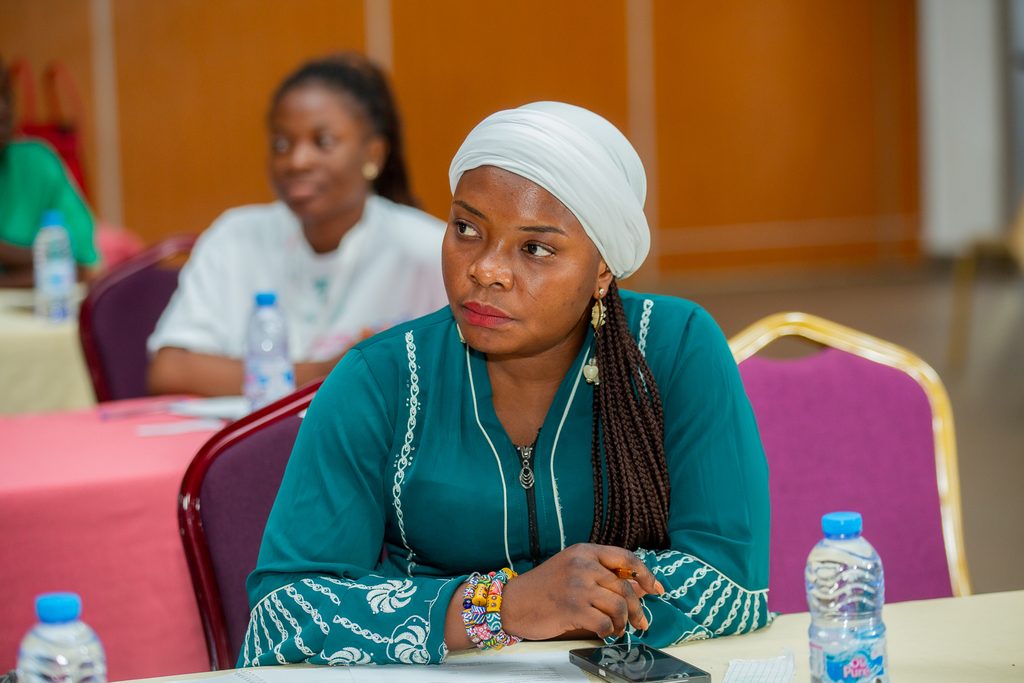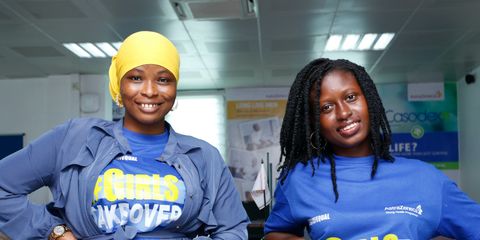Alberta, a 33-year-old nursing graduate from northern Ghana, faced significant cultural barriers to leadership as a woman in her region. From student union presidency to mainstream politics, Alberta is breaking down gender-stereotypes and showing her community that woman are leaders too.



In Ghana, while leadership opportunities for women are increasing, significant barriers remain that prevent equal access and representation. Deeply entrenched cultural norms often relegate women to domestic roles, with leadership positions traditionally viewed as a male domain.
These perceptions are particularly strong in northern regions of Ghana, where women’s participation in public decision-making is often discouraged. Alberta, a 33-year-old nursing graduate, experienced these barriers firsthand. “In this part of the northern region, there is a perception that women should not be involved in decision-making or speaking in public,” Alberta explains.
Becoming a leader
While studying nursing at university, Alberta joined the Mentorship and Leadership Academy, seeking to expand her knowledge of leadership. As her confidence, she set her sights on a goal that many thought impossible – the presidency of the National Union of Ghana Students.
“Even most of the women discouraged me from running,” she recalls, “but with the support of SWIDA [Savannah Women Integrated Development Agency] and the mentorship they gave me, I was able to contest the elections and I won!”
“If it wasn’t for this project, I don’t think I would have the courage to speak fluently and confidently in public,” she shares. “After winning the elections, my goal was to mentor the students on campus and share my knowledge to empower them.”
Since graduating, Alberta has continued to apply her leadership skills beyond her initial victory: “I am now in mainstream politics. I want to continue to teach young women and tell every girl child not to be limited because she is a woman, but to come and take control.”
The ripple effects of her success extend to her family and community, “Our families see the progress we have made and the impact we are having in our communities. They now see that it’s not just men who can be leaders, but women too.”
Alberta has observed broader community changes as well: “With the introduction of this mentorship programme, more women are getting involved in politics and taking on leadership roles. The community is now beginning to accept women in leadership positions.”
“It’s not just men who can be leaders, but women too. “
Alberta
The Mentorship and Leadership Academy
To address these challenges, the Savannah Women Integrated Development Agency (SWIDA), with support from Plan International and Global Affairs Canada through the Women’s Voice and Leadership Project, launched the Mentorship and Leadership Academy. This flagship initiative focuses on equipping young women with leadership skills, advocacy tools, and personal development opportunities through a structured three-month mentoring programme.
The programme employs a comprehensive approach to leadership development:
1. Structured mentorship: each cohort consists of approximately 120 young women from different regions who are paired with experienced mentors providing ongoing guidance, coaching, and motivation.
2. Orientation workshops: the programme begins with orientation sessions, establishing foundational leadership concepts.
3. Practical leadership training: participants receive hands-on experience in public speaking, decision-making, and community engagement.
4. Community impact focus: the initiative emphasises not just individual growth but also participants’ ability to contribute to their communities and professions.


